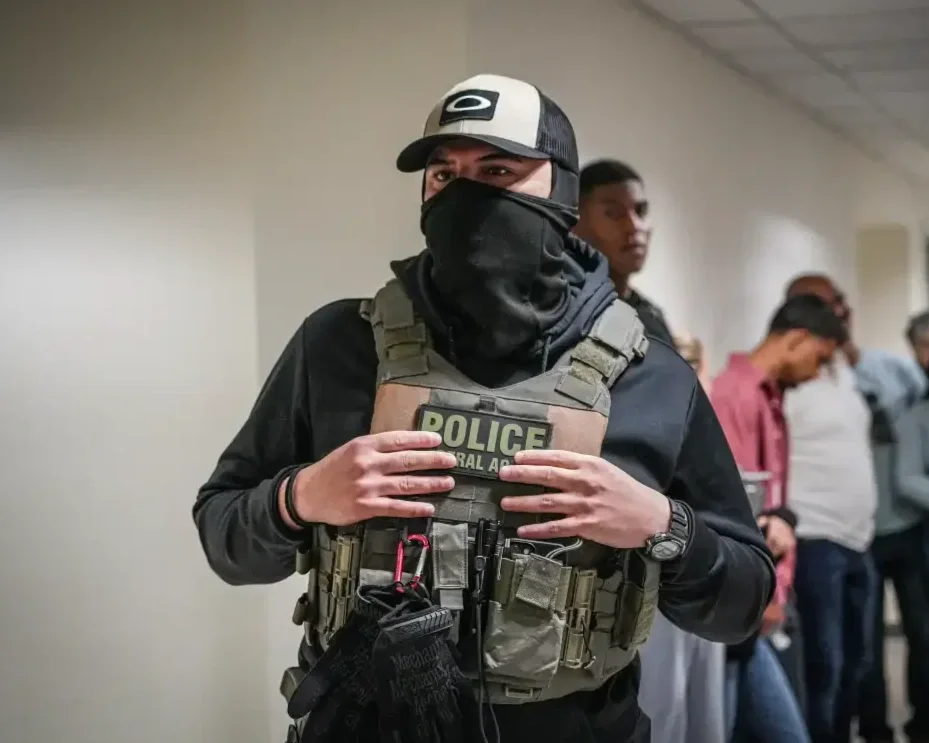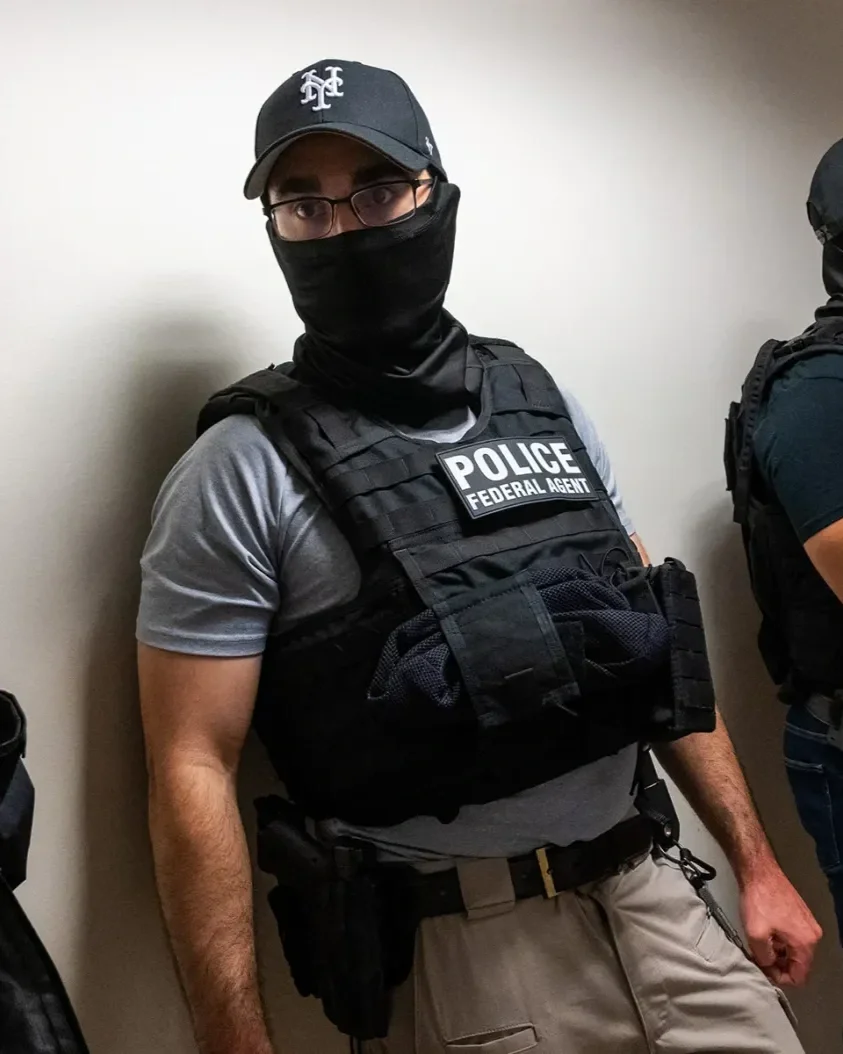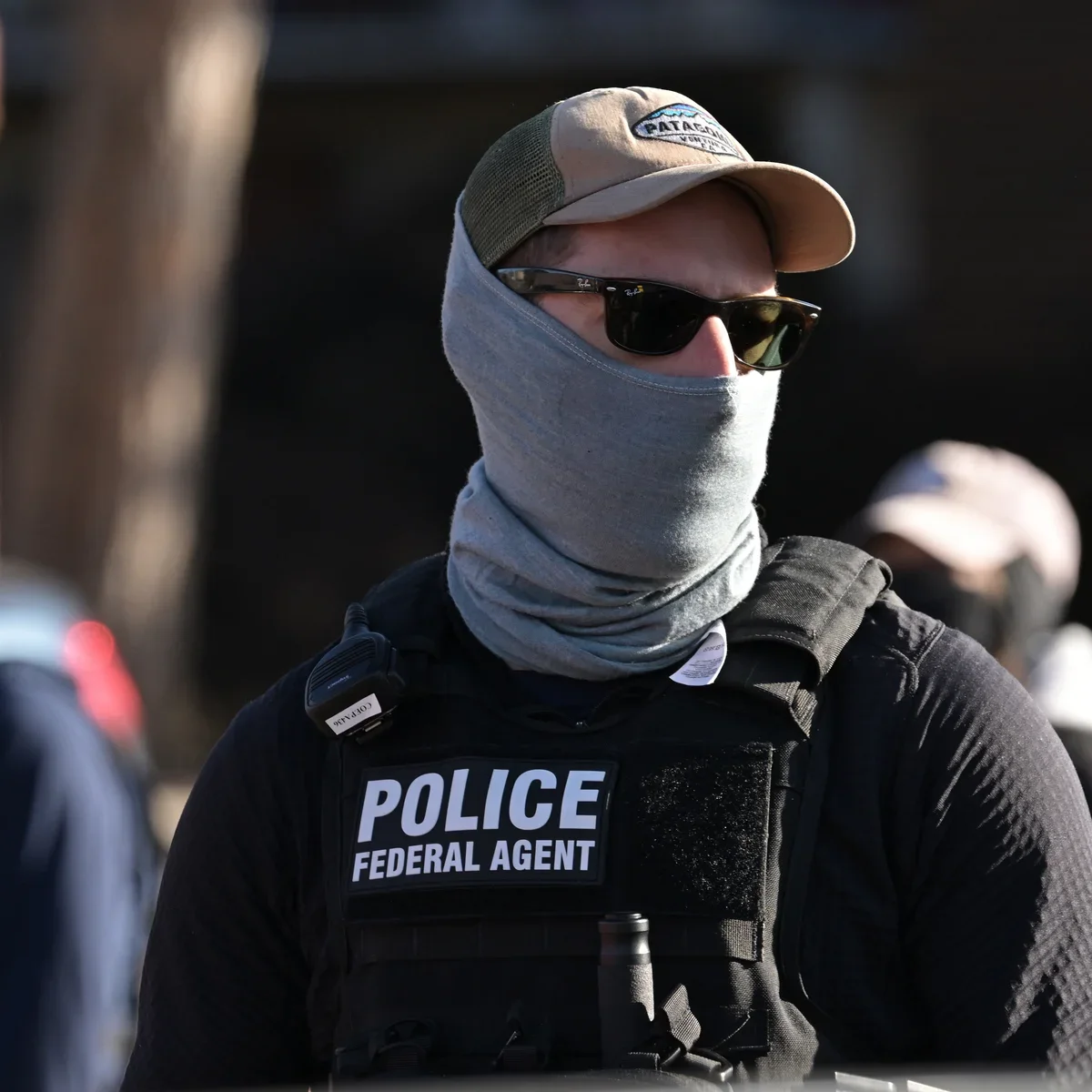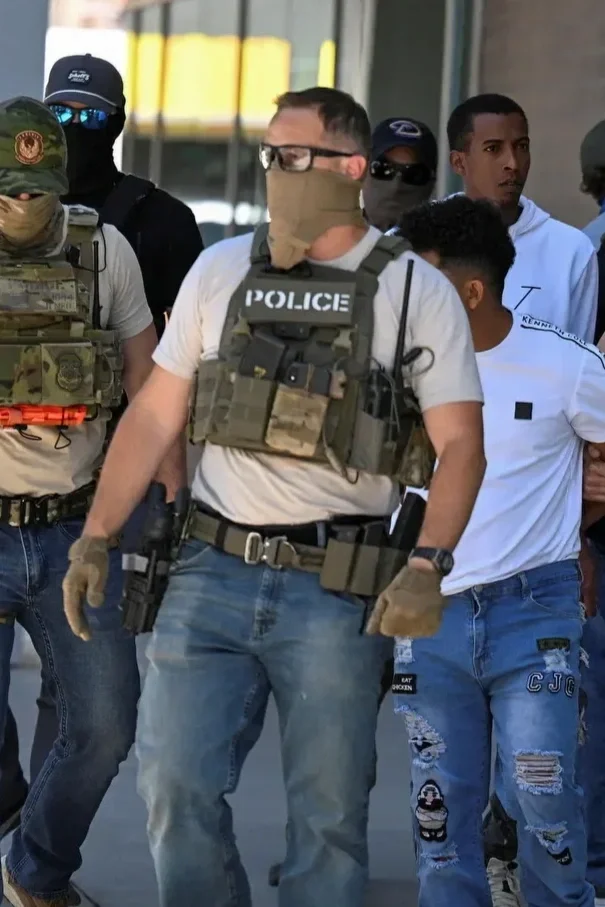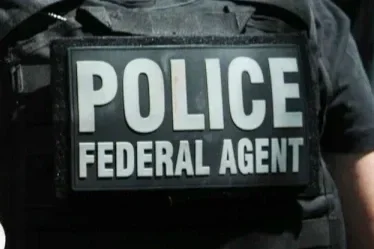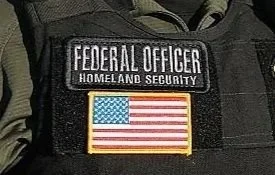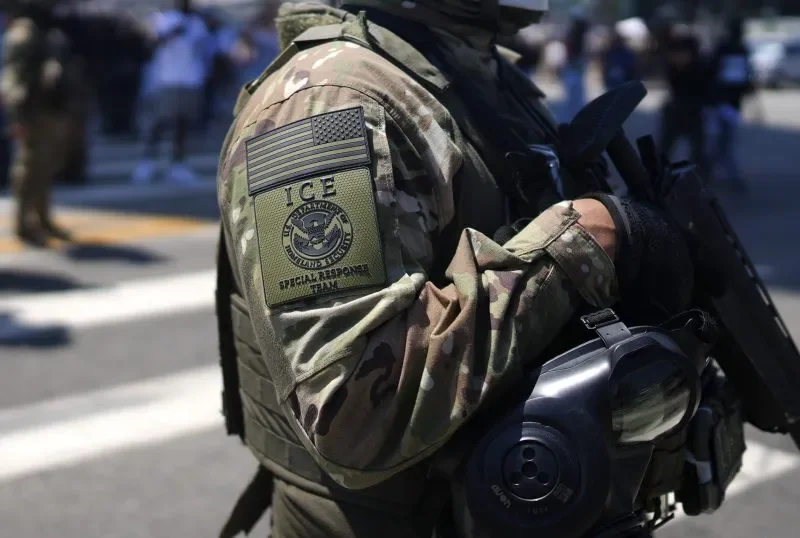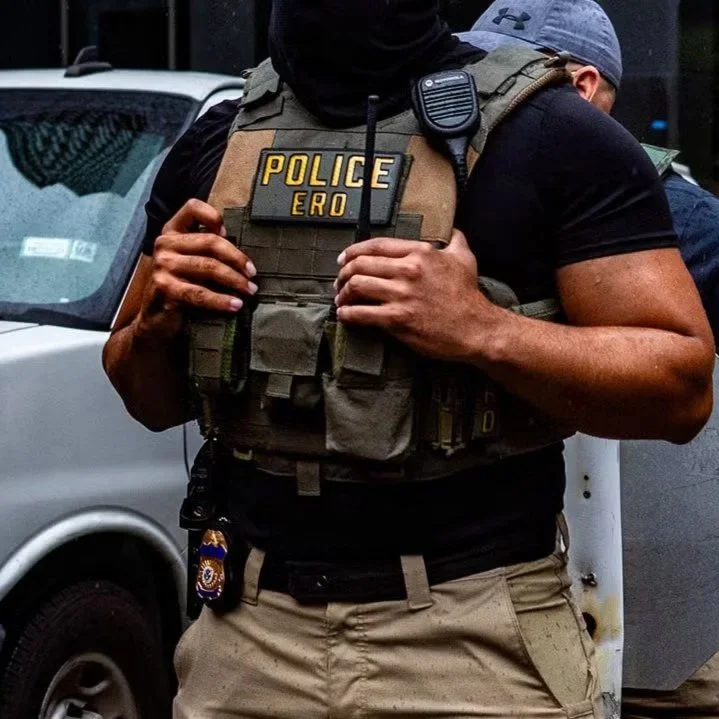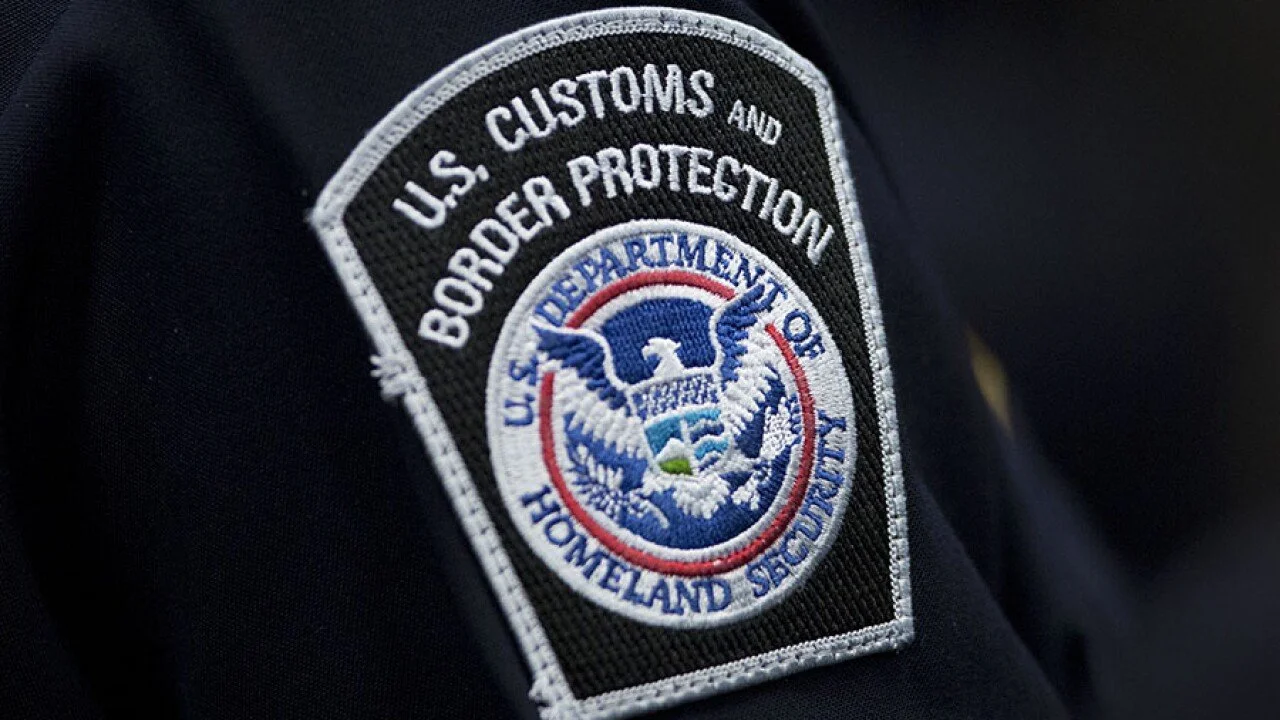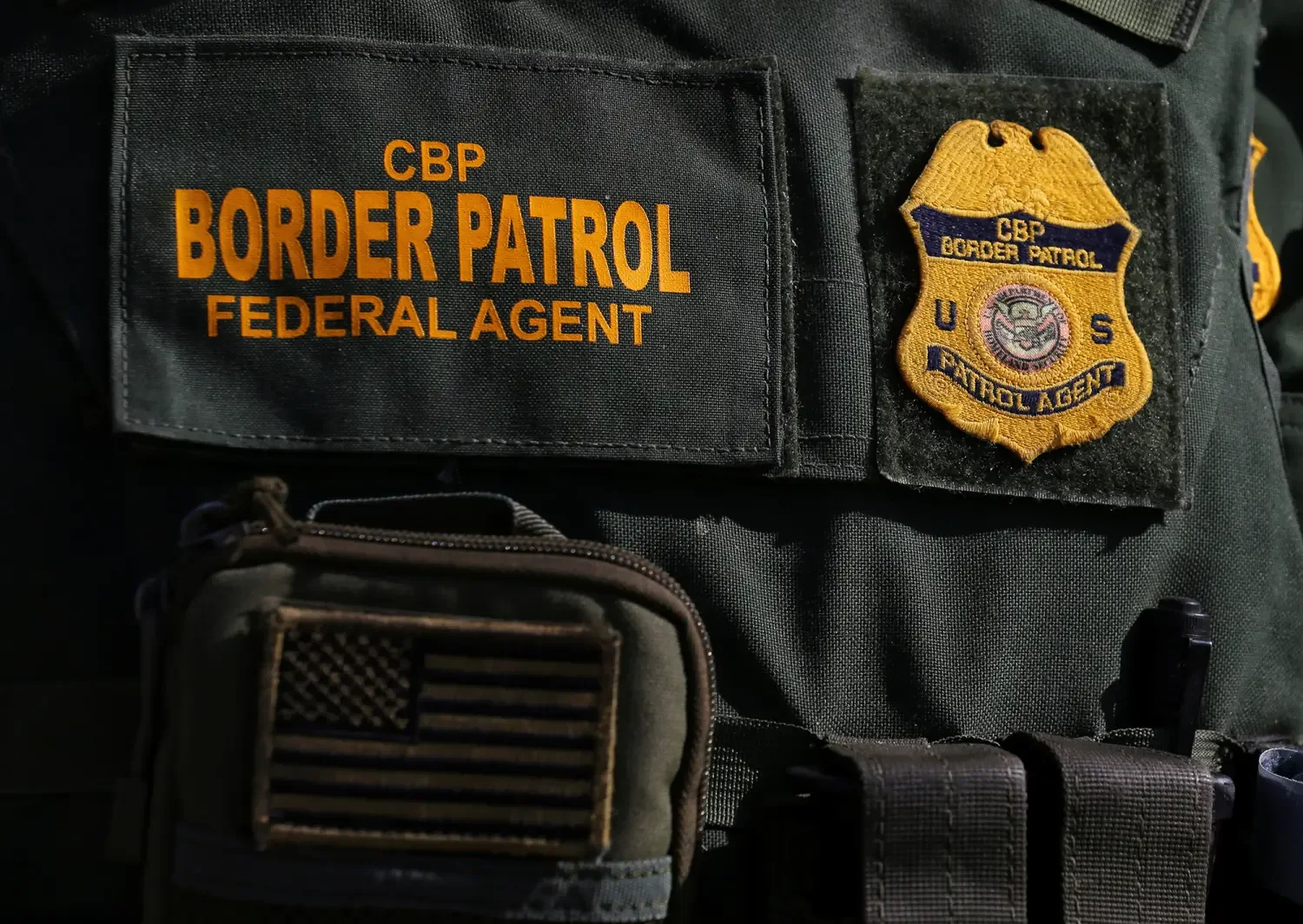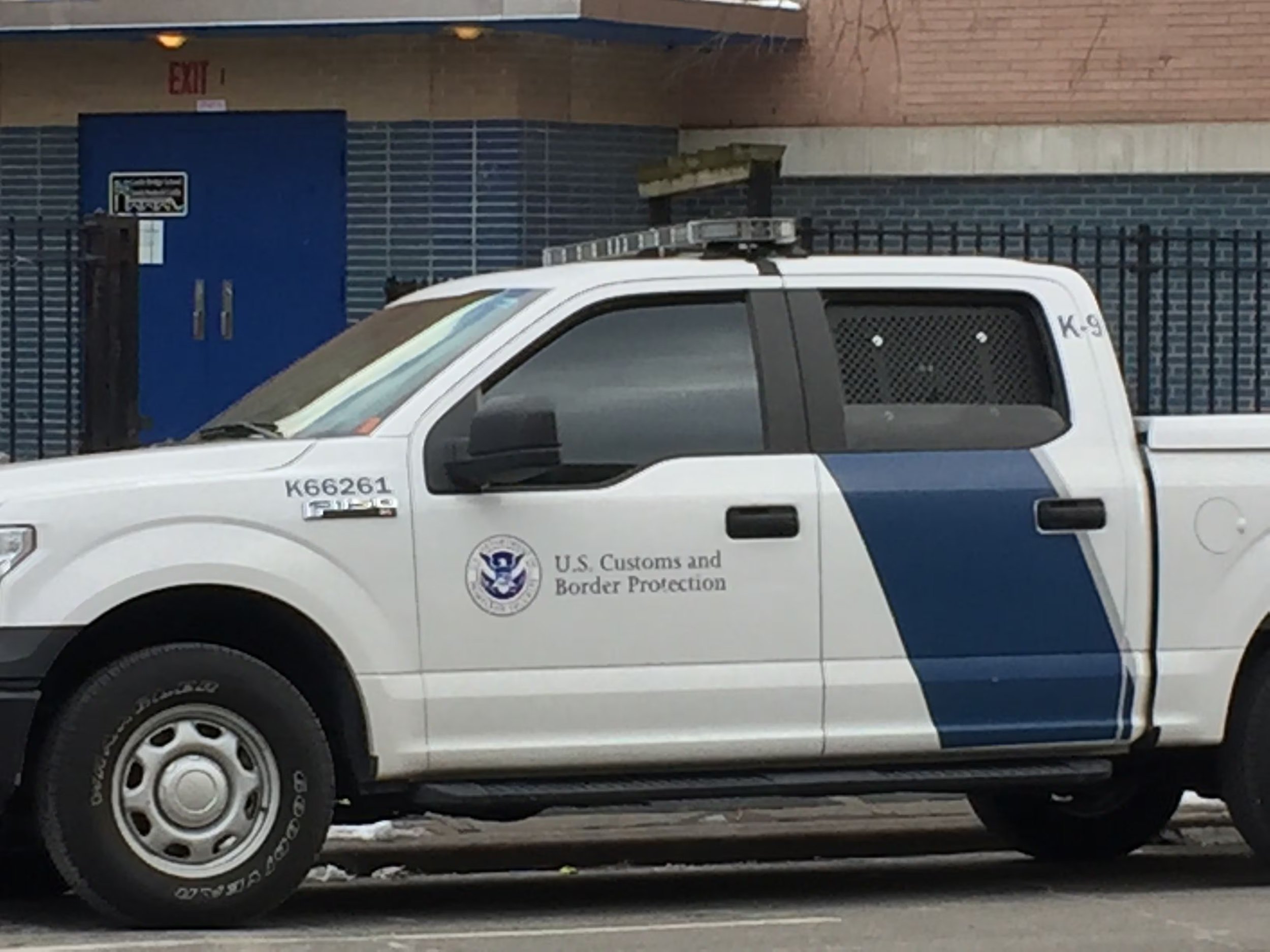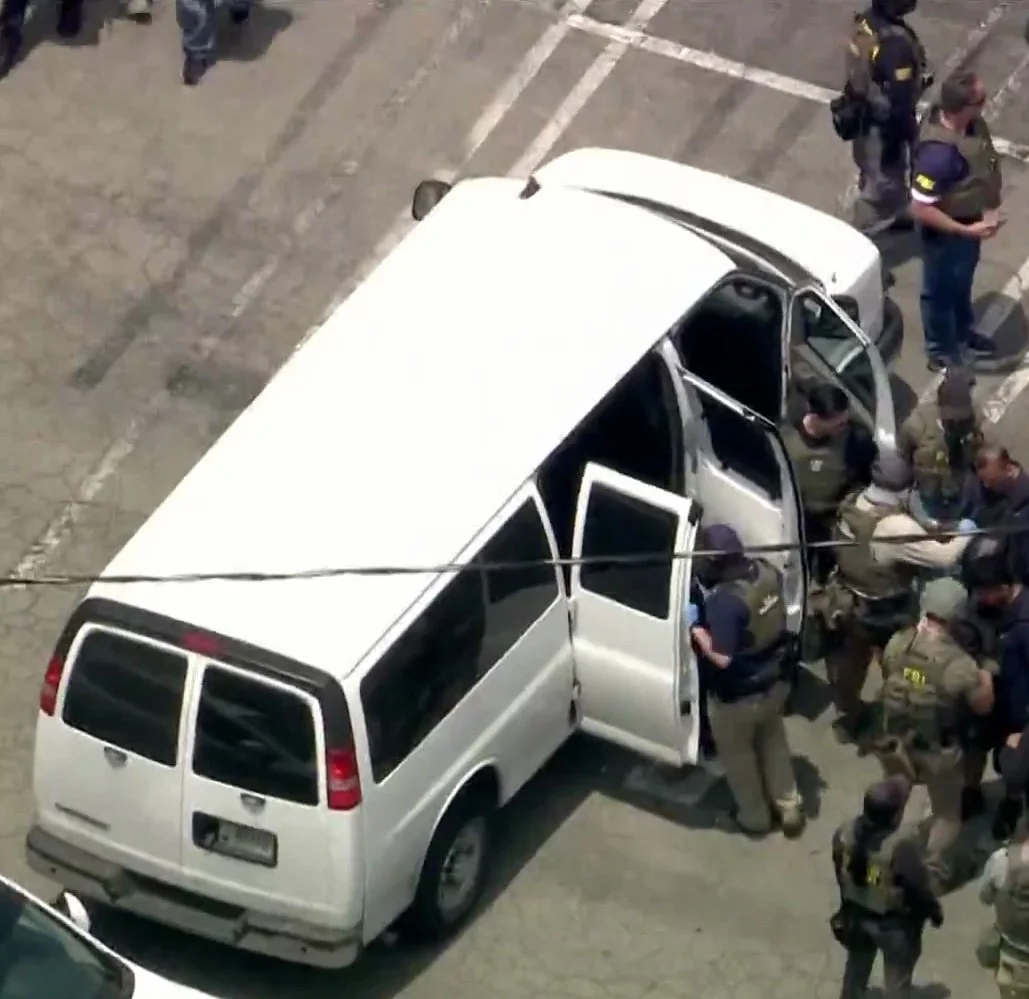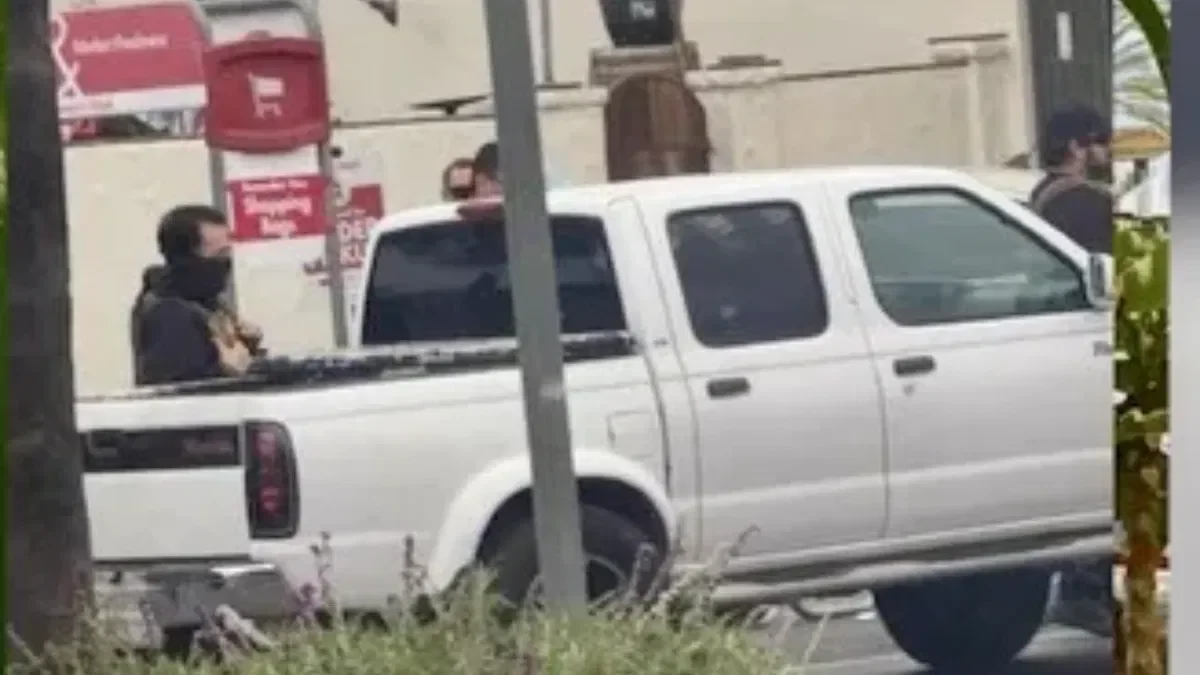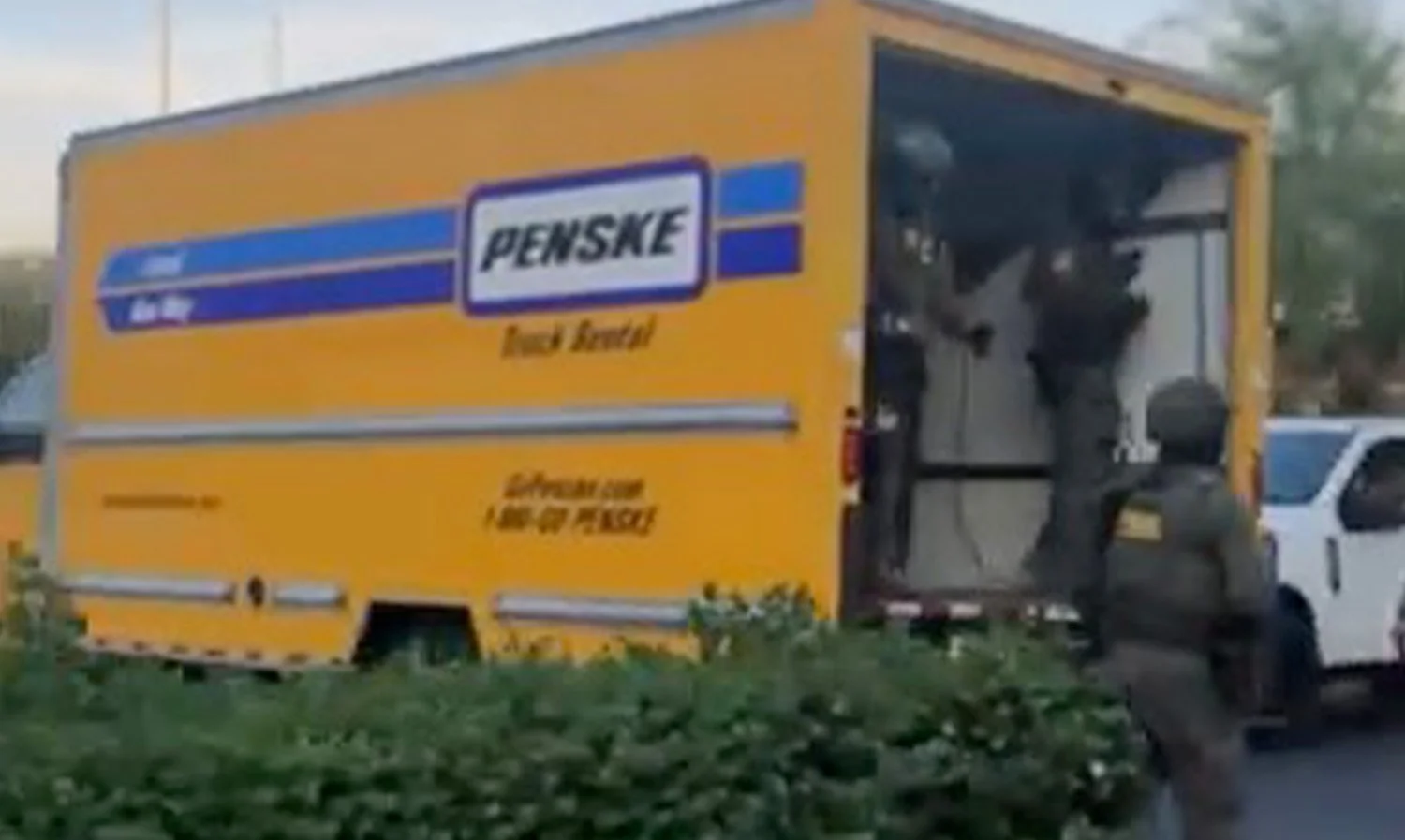How to identify ICE:
Agents
ICE agents often dress in civilian or plain clothes under bulletproof vests and tactical gear. They frequently wear hats, sunglasses, and gaiter masks to hide their identity. There is no law or regulation that prohibits federal law enforcement officials from wearing face coverings during operations. The DHS says agents conceal their faces to avoid identification and harassment.
ICE agents, especially those belonging to the agency’s Special Response Team (SRT), are sometimes seen wearing full tactical kits with camouflage fatigues, ballistic helmets, tactical headsets, and body armor.
Agents typically wear bulletproof vests and clothing that read: “POLICE ICE”, “FEDERAL AGENT”, or “FEDERAL OFFICER”. They might even wear vests or clothing that identify them simply as “POLICE”, in an effort to obscure their affiliation with ICE or federal law enforcement and appear as inconspicuous local police . Look out for badges and patches that indicate which law enforcement agency they belong to. For example, DHS agents might wear patches on their sleeves or bulletproof vests that contain the emblem of their agency or words and abbreviations like “Immigration and Customs Enforcement”, “ICE”, “Customs and Border Protection”, “CBP”, “HSI”, “ERO", “Special Response Team”, “SRT”, and “Field Operations”.
Vehicles
It’s easy to identify marked CBP and FPS vehicles—they’re usually Ford, Chevrolet, or Dodge trucks and SUVs with a green or blue stripe and the agency’s emblem on their doors.
Unmarked ICE vehicles are much harder to discern from typical private cars. They tend to be American-made SUVs and vans with dark tinted windows. Red and blue strobe lights may be visible over the grille or behind the windshield or rear window. ICE vehicles may have federal or state license plates, or no plates at all.
Ruses
ICE agents sometimes use deception and ruses to access or lure targets. In fact, ICE agents are taught to use deception during their training. When confronting a suspect, agents might refer to themselves generally as “police”, giving the impression that they are local law enforcement officers. They may ask to “look around” your home or ask to come inside to speak with you. ICE may call you as local police and ask you to meet with them under the pretense of aiding in an investigation or to retrieve your missing item from them. ICE agents sometimes claim to represent fake businesses; they’ll carry clipboards or toolboxes and fix pipes or ladders to the roofs of their vehicles. They may go as far as pretending to be employers looking to hire, collecting information from applicants and luring them to staged interviews.


